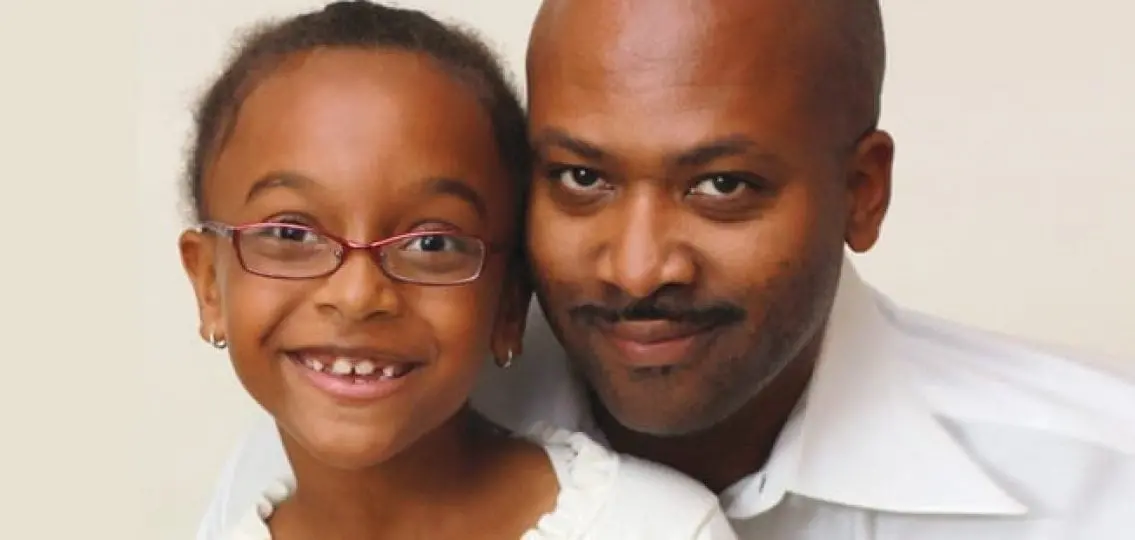Speaking Up Against Racism
Each weekday around 3:30 p.m., my daughter, Nee, arrives home from school. She comes into my home office to greet me, gives me a quick hug, and heads to the kitchen for a snack. On this particular day, she lingered in my office. The look on her face let me know that something was troubling her.
“What’s wrong?” I asked, motioning for her to have a seat.
“My teacher made a racist statement in class today and everyone started laughing,” she said. Tears started to well up in her eyes. “I was so embarrassed.”
She went on to tell me that they were discussing the Civil War, and her teacher made an extremely insensitive statement about African-Americans and slavery. I shook my head in disgust, remembering all the cringe-worthy statements that my teachers and fellow students made when I was in middle school. It hurt that this cycle of insensitivity was now affecting my daughter.
I was ready to fly off the handle. But I took a step back and asked my daughter what she wanted me to do about the situation.
“I want you to email the teacher and let him know that his statements hurt me,” she said.
“I can do that,” I said. So I turned to my computer and started writing the e-mail.
Later, when my wife got home, I told her about the situation, and she was livid. She elevated the matter to the principal. Over the next couple of days, we exchanged many e-mail messages with the school and had several phone conversations until the matter was resolved to our satisfaction.
Defending Others From Racism
Afterward, we were feeling pretty good about ourselves. Our daughter was vindicated and we had confronted the problem and tried to stop racism head-on. However, I noticed that my wife seemed to be bothered by something.
I asked her about it. “I’m disappointed because we didn’t speak up sooner,” she said.
“There was another issue in class,” she continued. “Nee mentioned it to me, but I didn’t act on it because we weren’t directly affected.”
She explained that the teacher had shown an old Popeye video that depicted people from India in a very demeaning way. My daughter was mortified by the video because many of her closest friends are Indian-American.
The video had no educational purpose. The teacher admitted that he only showed it because he liked Popeye and thought the video was funny.
No one else thought it was funny. My daughter’s friends confided in her that they were offended by the video, but they were afraid to speak up in class. I don’t know if they mentioned the video to their parents or not. If they did, I don’t think that anyone confronted the teacher about it.
“We should have said something,” my wife continued.
She was right. We should have said something in an effort to stop racism. But we kept silent because our daughter wasn’t directly affected.
Let’s Stop Racism: The Power Of Words, And Of Silence
By not saying anything about the video, we had betrayed the trust of my daughter’s friends. Because of our silence, the teacher didn’t see the error of his ways, and he continued to make racist comments in class.
Silence is dangerous. We have to speak out against racism in all forms—when our friends or co-workers tell a racist joke, when we are confronted with stereotypes in the media, or when one of our child’s teachers makes an insensitive statement.
As parents, we must set the standard for our children. The only way to eliminate racism is by refusing to be silent and teaching our children to do the same. It’s not always easy—and doing so may cause you to lose friends or social standing—but it is the right thing to do.
After our conversation, my wife and I decided to mention the video to the principal. He watched it, agreed that it had no place in the classroom, and thanked us for our concern.
My daughter was proud that we not only stood up for her, but also for her friends.
“Next time I’ll say something about the video,” she said.
“So will we,” we replied.




